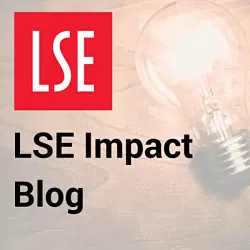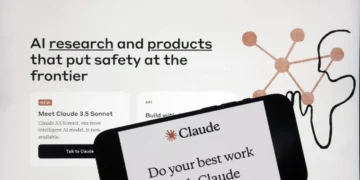The Coalition for Advancing Research Assessment (CoARA) has sparked a significant debate within the academic community regarding the balance between peer review and evaluative metrics in research assessment. With the rise of scientometrics and the increasing use of quantitative measures in evaluating research, there is a growing concern about the potential impact on the quality and integrity of academic work. In response to these concerns, CoARA has emerged as a platform for addressing these issues and promoting responsible use of both peer review and bibliometrics in research assessment.
Led by a team of esteemed scholars including Luciana Balboa, Elizabeth Gadd, Eva Mendez, Janne Pölönen, Karen Stroobants, Erzsebet Toth Cithra, and the CoARA Steering Board, the coalition aims to bridge the gap between qualitative and quantitative measures in research assessment. Their mission is to find ways in which peer review and bibliometrics can be used together responsibly, without compromising the integrity of academic work.
The use of evaluative metrics, such as citation counts and journal impact factors, has become increasingly prevalent in research assessment. While these metrics can provide a quick and easy way to evaluate the impact and productivity of research, they also have their limitations. For instance, they do not take into account the quality or originality of the research, and can often be influenced by factors such as self-citation and journal prestige. This has led to concerns about the potential misuse of these metrics and the impact on the academic community.
On the other hand, peer review has long been considered the gold standard for evaluating the quality of research. It involves a rigorous and thorough evaluation of research by experts in the field, taking into account factors such as originality, methodology, and contribution to the field. However, peer review also has its own limitations, such as the potential for bias and the time and resources required to conduct it.
The debate between peer review and evaluative metrics has often been framed as a dichotomy, with one being seen as superior to the other. However, CoARA believes that both methods have their strengths and weaknesses, and that a combination of the two can provide a more comprehensive and accurate assessment of research.
One of the key goals of CoARA is to promote responsible use of evaluative metrics in research assessment. This includes advocating for the use of a diverse range of metrics, rather than relying solely on one or two indicators. It also involves educating researchers and institutions on the limitations of these metrics and encouraging them to use them in a responsible and ethical manner.
In addition, CoARA is also working towards improving the peer review process. This includes addressing issues such as bias and transparency, and promoting the use of open peer review, where the identities of the reviewers are disclosed. By improving the peer review process, CoARA hopes to strengthen its role as a valuable tool in research assessment.
CoARA also recognizes the need for collaboration and dialogue between different stakeholders in the research community. This includes researchers, institutions, publishers, and funding agencies. By bringing these groups together, CoARA aims to foster a better understanding of the role of both peer review and evaluative metrics in research assessment and find ways to use them together responsibly.
The coalition has already made significant strides in promoting responsible research assessment. In 2019, CoARA released a statement outlining their principles and commitments, which has been endorsed by over 100 organizations and individuals from around the world. They have also organized workshops and conferences to facilitate discussions and share best practices in research assessment.
In conclusion, the creation of CoARA has brought much-needed attention to the debate between peer review and evaluative metrics in research assessment. By promoting responsible use of both methods and fostering collaboration and dialogue, CoARA is working towards a more comprehensive and accurate evaluation of research. As the academic community continues to evolve, it is crucial to have a platform like CoARA that advocates for the responsible use of both peer review and evaluative metrics, ensuring the integrity and quality of academic work.





